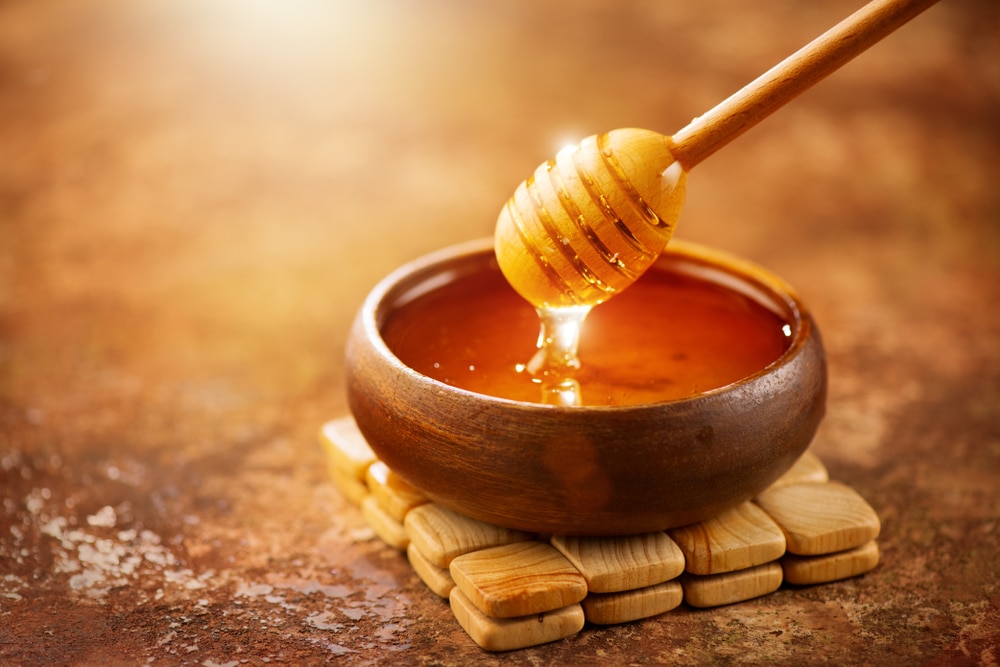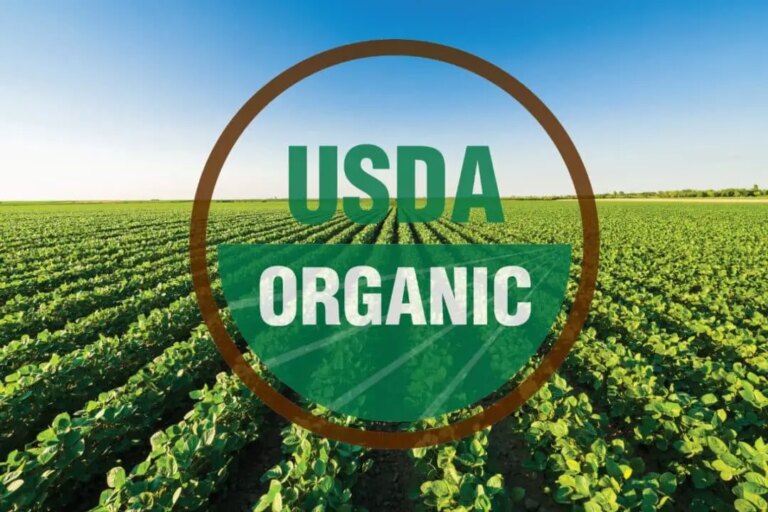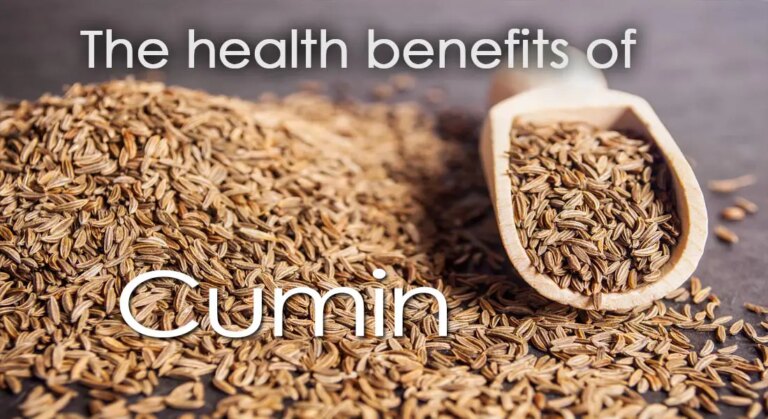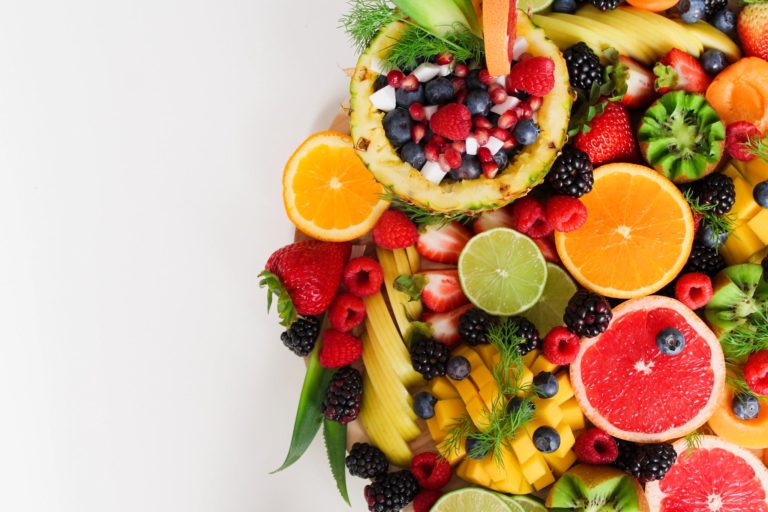In our quest for a healthier lifestyle and more natural choices, honey stands out as a golden treasure, enriching our mornings and healing our ailments with its sweet, soothing touch. Yet, beneath its gleaming surface lies a complex world, where not all that glitters is gold. Have you ever pondered the journey of the honey that graces your table? It’s time to peel back the layers of this amber mystery and discover the truth behind the honey brands we’ve come to trust. Prepare to embark on a revealing journey through the world of honey, a staple in the American pantry, celebrated for its natural sweetness and myriad of health benefits.
But as we delve deeper, we uncover a tangled web of authenticity and imitation—a scenario where the line between real and fake honey blurs, leaving us with more questions than answers. Join us as we navigate the sticky terrain of honey production, explore its genuine merits, and learn how to distinguish the authentic from the counterfeit. Embrace this quest for purity and let the truth sweeten your resolve.
The Hidden World of Honey: Unveiling the Sweet Illusion
Honey, often dubbed as nature’s liquid gold, has graced our tables and enriched our diets with its unique flavor and health-promoting properties. This delightful nectar, crafted by diligent honeybees from the essence of flowers, has woven its way into the fabric of cultures worldwide, cherished not only for its sweetness but also for its versatility. From the ancient pyramids of Egypt to the bustling markets of modern cities, honey has stood the test of time as a revered natural product.
However, not all honey shares the same story of purity and natural process. Recent revelations have shown that much of the honey available on supermarket shelves might not be as pure as we are led to believe. A shocking discovery by food safety advocates has revealed that a considerable portion of the honey sold in the United States may have origins clouded in mystery and practices that deviate from the natural artisanal methods we value. This mass-produced honey often undergoes a process called ‘ultra-filtration,’ stripping away its natural essence and nutrients, including the vital pollen that acts as the signature of true, unadulterated honey.
This filtration process, aimed at extending shelf life and creating a clear, more appealing product, inadvertently removes the very elements that make honey beneficial. Moreover, the widespread practice of adulterating honey with cheaper sweeteners like high-fructose corn syrup casts a shadow over the industry, challenging our trust in these products. The absence of pollen in these products not only diminishes their health benefits but also obscures their true origins, making it nearly impossible for consumers to trace their honey back to its source. This situation has raised alarms about the authenticity and quality of the honey we consume, urging a closer look at the labels and brands we have come to trust. [1]
The intrigue surrounding the honey industry does not end with filtration and adulteration. The global trade of honey has introduced products from far corners of the world into our local supermarkets, with China emerging as a dominant player. Despite the country’s vast production, concerns over safety standards, use of antibiotics, and the introduction of foreign sugars into the honey have cast a veil of doubt over these imports. As consumers, the challenge we face is not just about preference for sweetness but about the integrity of the products we choose to incorporate into our daily lives. This revelation about the honey we thought we knew calls for a more discerning approach to our purchases, prompting us to question and seek out the real story behind the labels. [2]
Navigating the Maze: The Quest for Pure Honey
Embarking on a quest for authentic honey in today’s market is akin to navigating a labyrinth, where each turn could either lead to a treasure trove of natural goodness or a mirage of imitation. In this pursuit, understanding the essence of what makes honey truly pure is paramount. Pure honey is a marvel of nature, untouched and unaltered, retaining the full spectrum of its natural properties, from antioxidants to essential vitamins. This raw, unfiltered elixir not only offers a richer, more complex taste profile but also brings a host of medicinal benefits, ranging from soothing sore throats to aiding in digestion. Yet, the journey to finding this treasure is fraught with obstacles, as the shelves are lined with jars that only masquerade as pure honey.
The critical issue at hand is the widespread practice of ‘honey laundering,’ where honey is diluted with syrups and sugars not derived from floral nectar. This not only compromises the integrity of the honey but also deceives those who seek its natural benefits. The situation is further complicated by the introduction of honey from sources that do not adhere to stringent quality standards, masking the true origin and purity of the product. Consumers are left to decipher labels and claims, often misled by marketing that obscures the truth. [3]
In response to these challenges, a movement towards transparency and purity in the honey market is gaining momentum. This shift is driven by the growing demand for products that are not only safe to consume but also ethically sourced and produced. The rise of local beekeeping and small-scale honey production has emerged as a beacon of hope for those in search of genuine honey. These local beekeepers and artisans, dedicated to the welfare of their bees and the integrity of their honey, offer a direct line to a product that is as pure as it is beneficial.
The quest for pure honey, therefore, is not just about taste or health benefits but about supporting a sustainable and transparent food system. It involves making conscious choices, seeking out producers who are open about their processes, and valuing the natural over the convenient. As we delve deeper into the world of honey, it becomes clear that the path to purity is paved with knowledge and choice. By prioritizing authenticity and sustainability, we not only enjoy the true essence of honey but also contribute to a future where nature’s gifts are respected and preserved.

The Sweet Spot: Identifying and Choosing Real Honey
In the realm of honey, discovering the sweet spot means finding honey that’s not only delicious but also genuine and brimming with health benefits. This pursuit involves becoming a discerning consumer, armed with knowledge and a keen eye for detail. The first step in this journey is understanding what sets real honey apart from its adulterated counterparts. True honey is characterized by its natural composition, including pollen, enzymes, and antioxidants, which are indicative of its purity and origin. It possesses unique flavors and textures that vary based on the flowers visited by the bees, offering a palate of tastes that artificial sweeteners cannot replicate.
To ensure you’re bringing home the real deal, it’s essential to scrutinize labels and look beyond the marketing. Words like “raw,” “pure,” and “natural” can be misleading without the substance to back them up. Instead, focus on honey that is labeled as “unfiltered” or “unpasteurized,” as these are less likely to have undergone processes that remove beneficial nutrients. Transparency about the honey’s source is another crucial factor. Local honey, for example, not only supports community beekeepers but also provides a traceable path back to its origin, ensuring that what you’re consuming is authentic and free from unnecessary additives.
Another valuable tip is to embrace the diversity of honey. Exploring various types, from wildflower to manuka, allows you to experience the wide range of flavors and health benefits honey has to offer. Each variety brings its own set of antioxidants and antibacterial properties, enriching your diet and wellness routine. Don’t shy away from asking questions or seeking out local beekeepers and markets, where the connection to the source is direct and the quality often surpasses what is found on supermarket shelves.
However, the pursuit of real honey doesn’t stop at purchase. Engaging with and supporting the broader community of beekeepers and advocates for sustainable practices contributes to the health of bee populations and the environment. It also ensures the continuation of the age-old tradition of beekeeping, preserving the natural harmony between humans and these essential pollinators. By choosing real honey, you’re not just making a healthier choice for yourself; you’re participating in a larger movement towards environmental stewardship and ethical consumption.
Honey’s Multifaceted Marvels: Beyond Sweetness
The allure of honey extends far beyond its natural sweetness. This golden nectar, produced with the tireless work of bees, holds a treasure trove of benefits and uses that intertwine with our daily lives in surprising ways. Understanding the full scope of honey’s gifts not only deepens our appreciation for this natural wonder but also inspires us to incorporate it more thoughtfully into our routines. Here’s a closer look at the multifaceted marvels of honey:
- Culinary Delights: Honey’s versatility in the kitchen is unmatched. Its ability to enhance flavors makes it a cherished ingredient in both sweet and savory dishes. From glazing meats to sweetening desserts, honey adds a depth of flavor that sugar cannot replicate. Each variety of honey, with its unique taste profile, opens up a new dimension of culinary exploration.
- Natural Remedy: The health benefits of honey are well-documented and wide-ranging. Its antibacterial and anti-inflammatory properties make it a natural choice for soothing sore throats and aiding in the healing of minor wounds and burns. Furthermore, honey acts as a cough suppressant and can be a healthier alternative to over-the-counter remedies.
- Skincare Solutions: Honey’s benefits are not just for internal health; its external applications are equally remarkable. As a natural humectant, honey attracts and retains moisture, making it an excellent ingredient for hydrating skin care products. Its antibacterial qualities also contribute to its effectiveness in acne treatment and prevention.
- Energy Boost: For those leading active lifestyles, honey can be an excellent source of natural energy. Its simple sugars are easily absorbed by the body, providing a quick energy boost during physical activities or as a pick-me-up during energy slumps.
- Supporting Local Ecosystems: By choosing local honey, you’re not just enjoying a product; you’re also contributing to the support of local bee populations and the broader ecosystem. Bees play a crucial role in pollinating plants, a process vital for food production and environmental health.
Through these diverse applications and benefits, honey proves itself to be much more than just a sweetener. It’s a connection to nature, a source of healing, and a catalyst for sustainable living. As we uncover the layers of honey’s potential, we’re invited to embrace its natural wonders in ways that nourish both our bodies and the world around us.

My Personal RX on Choosing Real Honey
As a doctor deeply invested in the well-being of my patients and readers, I see the choice of honey as more than just a preference—it’s a decision that impacts our health, cognition, and the environment. Selecting the right honey can bolster our wellness journey, offering benefits that extend beyond its sweet taste. Here are my tips, integrating both general advice and specific, health-oriented products:
- Opt for Raw and Local: Raw honey preserves the beneficial nutrients and enzymes that processing can destroy. Choosing local honey also supports your immune system by exposing you to the local pollen.
- Look for Transparency: Companies that are open about their sourcing and processing practices tend to offer higher quality honey. Transparency is key to trust and quality.
- Embrace Variety: Different types of honey have unique flavors and health benefits. Experimenting with various kinds can introduce you to a new palette of tastes and advantages.
- Incorporate Honey into Your Wellness Routine: Beyond sweetening, honey can be a part of your daily health regimen. For example, taking Complete Turmeric Matrix alongside your honey can enhance its anti-inflammatory effects and support memory and cognitive function due to the synergistic benefits of turmeric.
- Educate Yourself on Ingredients: Just as we pay attention to the purity of honey, being informed about what we consume is crucial. A Toxic Ingredient Guide can be an invaluable resource for identifying and avoiding harmful substances in our food and products, ensuring smarter choices for our health.
- Conduct a Purity Test: Perform simple tests at home to check if the honey is adulterated. Pure honey tends to thicken and settle at the bottom in a mix, while fake honey will dissolve quickly.
- Support Sustainable Practices: Choose brands that are committed to sustainable beekeeping practices. This ensures the health of bee populations and, by extension, the quality of your honey.
- Consult Healthcare Providers: Especially for those with allergies or specific dietary needs, consulting with a healthcare provider can guide your choice of honey and its integration into your diet.
- Use Honey as a Natural Remedy: Consider using honey for minor cuts, burns, or as a cough suppressant, leveraging its natural antibacterial and healing properties.
- Advocate for and Support Bees: Engage with and support initiatives aimed at protecting bees. Their well-being directly influences the quality of honey and the health of our environment.
Sources:
- Museum, C. a. a. F. (n.d.). Filtering | Bees a honey of an idea. https://bees.techno-science.ca/english/bees/the-beekeeper/filtering.php
- Topic: Honey market worldwide. (2024, March 18). Statista. https://www.statista.com/topics/5090/honey-market-worldwide/
- Oxbridge Applications. (2020, October 29). Honey Laundering: The largest food fraud in history – Oxbridge Applications. https://oxbridgeapplications.com/kyc/honey-laundering/











 Subscribe to Ask Dr. Nandi YouTube Channel
Subscribe to Ask Dr. Nandi YouTube Channel









